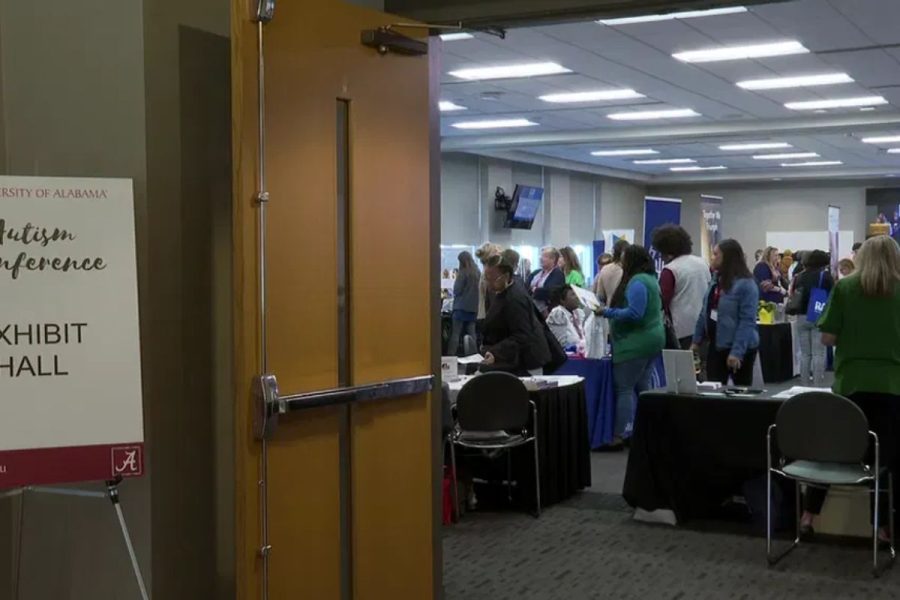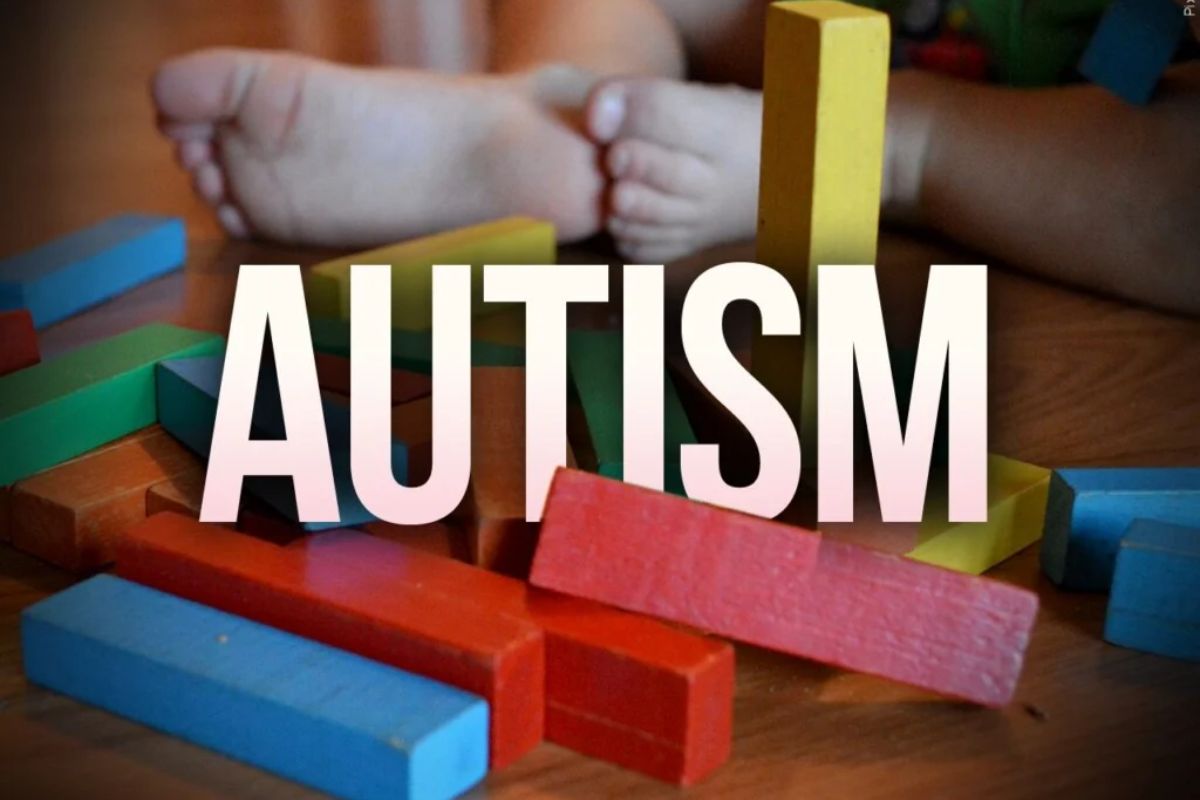UA Unveils 23rd Annual Autism Conference: The University is proud to unveil its 23rd Annual Autism Conference, a pivotal event set to address critical issues and advancements in the field of autism.
With a steadfast commitment to inclusivity, this year’s conference promises to provide a platform for a diverse audience of professionals, caregivers, and individuals on the autism spectrum.
From groundbreaking AI-powered programs to innovative approaches in autism care, the conference is poised to push boundaries and inspire change.
Stay tuned for insights on the transformative presentations, the dedicated committee’s vision, and the unique features like the ACTion Zone and the Autism Spectrum Disorder Identification Card that are set to make this conference a trailblazing experience.
Conference Overview and Audience Inclusivity
The 23rd Annual Autism Conference at UA provided a comprehensive platform that embraced professionals, clinicians, educators, self-advocates, and family members, catering to the diverse needs of the autism community through an inclusive approach that addressed vital aspects of work, wellbeing, and leadership. This event was meticulously designed to ensure that all participants felt represented and supported. Attendees had the flexibility to choose between in-person or virtual attendance, allowing for broader accessibility. Empathy and understanding were at the core of the conference, fostering an environment where individuals with autism, their families, and professionals could collaborate and learn from each other.
Through a series of workshops, discussions, and networking opportunities, the conference encouraged dialogue and knowledge-sharing among attendees. By creating a space that welcomed various perspectives and experiences, the event aimed to empower individuals within the autism community and equip professionals with the tools needed to provide effective support. The emphasis on inclusivity underscored the commitment to honoring the unique strengths and challenges faced by individuals on the autism spectrum.
Presentation Topics and Committee Insights
Exploring a range of critical areas essential to understanding and supporting individuals within the autism community, the presentation topics at UA’s 23rd Annual Autism Conference empowering youth with developmental disabilities, sensory processing, self-advocacy, coaching, and mentorship for caregivers, and support for the transition to adulthood. These topics were carefully selected to address key challenges and provide valuable insights for attendees.
Sarah O’Kelley, the Conference Planning Committee Chair, emphasized the importance of the diverse topics covered, highlighting the significant networking opportunities and conversations that contribute to positive changes in systems and programs across the state.
The insights shared by the committee reflect a deep understanding of the needs and experiences of individuals with autism and their families. By focusing on empowering youth, providing support during the transition to adulthood, and offering guidance for caregivers, the conference aimed to equip attendees with practical tools and knowledge to make a meaningful difference in the lives of those affected by autism. The commitment to fostering dialogue and promoting change underscores the conference’s dedication to driving progress and support within the autism community.

ALSO READ: Women Foundation of Alabama Grants Dollar 1.2M in 2023″
Innovative AI-Powered Program for Autism Care
An AI-powered program designed to revolutionize autism care services was showcased at the recent UA’s 23rd Annual Autism Conference, offering a promising solution for addressing health resource disparities in rural communities.
The exhibit featured an early model of the program developed through a collaboration between the University of Alabama in Huntsville, little Orange fish, and the Alabama Department of Mental Health. This innovative program aimed to bridge the gap between individuals in need and state resources, particularly focusing on rural areas where access to such services may be limited.
Based on real social worker-client conversations, the software demonstrated potential in streamlining information services and providing valuable support to individuals with autism spectrum disorders. By leveraging artificial intelligence, this program has the capacity to enhance the efficiency and effectiveness of autism care, ultimately improving outcomes for individuals and families impacted by autism.
This technological advancement represents a significant step forward in the quest for more accessible and inclusive autism care services, especially in underserved rural communities.
Inclusivity Measures
Recognizing the paramount importance of fostering an inclusive environment, the planning committee for the Autism Conference implemented diverse measures to ensure accessibility and comfort for all attendees, including self-advocates in the planning process for the first time.
The commitment to inclusivity was evident through various initiatives:
- Involvement of Self-Advocates: By including self-advocates in the planning committee, the conference ensured that the perspectives and needs of individuals on the autism spectrum were directly considered.
- Quiet Sensory Space: The addition of a quiet sensory space within the conference venue aimed to provide a calming environment for neurodivergent individuals to regulate their nervous systems.
- Color Communication Badges: The use of color communication badges allowed attendees to indicate their communication preferences, promoting understanding and accommodating diverse communication styles.
- Autism Spectrum Disorder Identification Card: The introduction of the Autism Spectrum Disorder Identification Card further emphasized inclusivity, helping to enhance communication and support for individuals with autism.
ACTion Zone and Autism Spectrum Disorder Identification Card
The ACTion Zone at the Autism Conference served as a hub for information dissemination and engagement, offering attendees the opportunity to connect with valuable resources and support services provided by the Alabama Coalition Team. Attendees had the chance to schedule private appointments with organizations such as the Alabama Disabilities Advocacy Program and the Alabama Department of Rehabilitation Services, ensuring personalized assistance and guidance.
One of the highlights of the event was the unveiling of the Autism Spectrum Disorder Identification Card, a groundbreaking initiative as the first state-recognized Autism Identification Card in the U.S. This innovative card is specifically designed to facilitate the recognition and support of individuals diagnosed with autism spectrum disorder. By providing quick access to crucial information about the cardholder’s diagnosis, preferences, and support needs, the Autism Spectrum Disorder Identification Card aims to enhance communication and understanding in various interactions, ultimately fostering a more inclusive and supportive environment for individuals with autism.

News in Brief
UA Launches 23rd Autism Conference: 23rd Annual Autism Conference unveils groundbreaking AI programs, tackling rural healthcare disparities. The event, prioritizing inclusivity, welcomes professionals, caregivers, and self-advocates for a diverse dialogue. Presentations cover youth empowerment, sensory processing, and caregiver mentorship. The planning committee, including self-advocates, ensures a supportive environment, featuring quiet sensory spaces and communication badges. The ACTion Zone facilitates connections with valuable resources, including the first U.S.-recognized Autism Spectrum Disorder Identification Card. This innovative card enhances communication and understanding, marking a significant step towards inclusivity in autism support.

